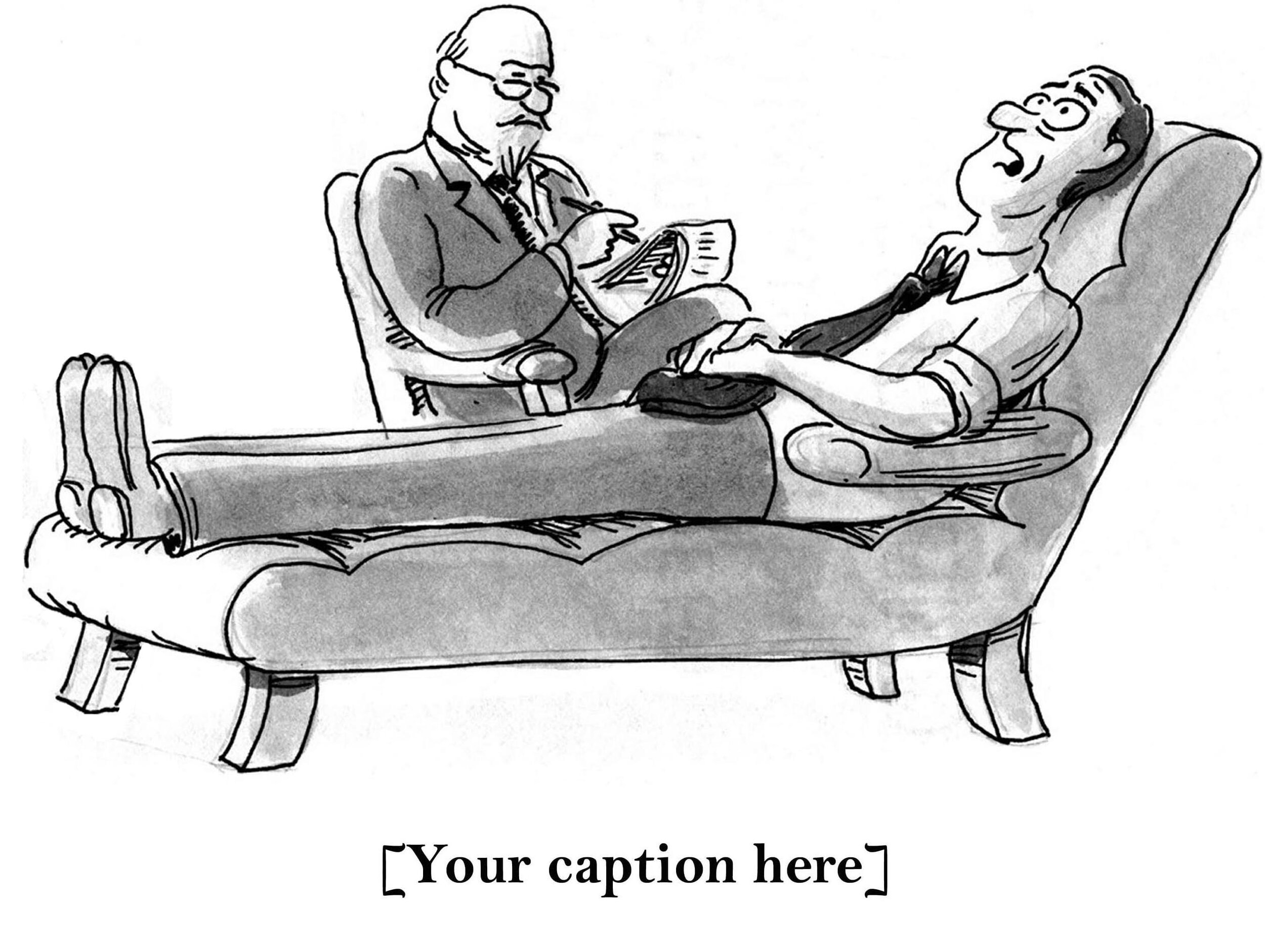Is there anything you can't say to a therapist?
What Not to say to your therapist
To a point, you should feel able to say whatever you want to a therapist.
Any mental health professional or counselor should always seek to create a safe environment that supports people to discuss the issue(s) they bring to sessions. Most people are at least a little on-edge before an appointment (especially the first session). A supportive therapist-client relationship can help people to cope with any understandable apprehension.
Pay attention to your discomfort
Carefully monitoring what you say in session might reduce the value of therapy. There’s a lot going on in any session. All of your thoughts, emotions, behaviours, and physical sensations are potentially important pieces of information. Hesitancy or concern about what you are saying should be acknowledged and investigated. We can learn important lessons through this detective work.
A better question
Therapy is teamwork. Ideally, both therapist and client take responsibility for making sessions useful. Rather than worrying about what not to say to a therapist, focus on the question What can I do to maximise session effectiveness?
This question takes you away from ‘getting it wrong’ and moving towards what works.
Lean into uncomfortable sensations
Therapy is not always easy. But mild to moderately stressful environments are required for learning and positive change to occur (1). People usually want to turn away from unpleasant psychological experiences. This is totally understandable, but avoidance prevents understanding of difficult issues we want to address. However, the cost of discomfort brings the potential reward of improved well-being.
Place equal value on emotion and thinking
It may be tempting to ‘intellectualise’ therapy. This urge may reflect existing coping strategies and assumptions about psychological problems. Intellectualisation can also be a strategy to steer clear of (negative) emotions. We should pay attention to both emotion and thoughts. Focusing on just one is like watching a movie from the halfway point. You’re going to miss out on the context and the complete storyline.
Ask your therapist ‘What makes therapy work’?
Your therapist should explain the ‘model’ of therapy they’re using in sessions. All models make assumptions about how psychological problems develop and persist. Therapist and clients must be on the same page with assumptions. Taking the time to confirm this is time well spent.
Take 100% responsibility for your time and effort
Therapist and clients have roles to play in therapy. I think of therapists as navigators or map readers. Clients still have to undertake the journey themselves. Don’t ask your therapist to give you a ride on their bicycle. But do ask them for all the guidance and direction you need to keep on a clear path. You are hitching a ride as soon as you expect your therapist to do all the talking or if you ‘don’t have to time’ to complete between-session tasks.
Whether you have one or 100 sessions, your therapist won’t be around forever. Skill development brings confidence and independence. So don’t take shortcuts by asking your therapist to do all the heavy lifting.
Summary
You can’t mess up in therapy if you are open to the experience, work hard, and take some risks. Worrying about saying the wrong thing can hold back your progress. Talk to your therapist if you encounter this concern, and consider following some of the suggestions in this article.
We are Coaching & Clinical Psychologists with extensive experience helping people conquer depression and a range of other wellbeing issues. Read more about our work, watch practical skills videos or browse other articles. Get in touch anytime.
References
(1) Cozolino, L. (2017). The Neuroscience of Psychotherapy: Healing the Social Brain (Third Edition). New York: W. W. Norton.

